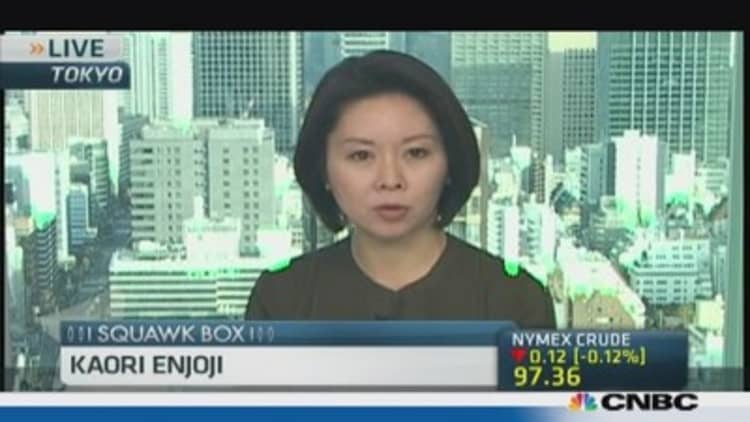Germany must stop using its past as a "shield" and use its armed forces more frequently and decisively, federal president Joachim Gauck has warned, in the clearest sign yet that country's longstanding aversion to the use of its military may be beginning to crack.
"Germany can't carry on as before," Mr Gauck said on Friday, pulling few punches in a speech that cited German indifference and European navel-gazing amid "rapid" and "dramatic" new threats to the "open world order".
"When the last resort – sending in the Bundeswehr – comes to be discussed, Germany should not say no on principle," the president said.
Mr Gauck appeared as the keynote-speaker at the Munich Security Conference – the world's largest annual gathering of defense chiefs and politicians.
(Read more: Japan to bolster military, boost Asia ties to counter China)
In a 30-minute oration pitched as much to Germany's domestic audience as to delegates in the cordoned-off precincts of the Bayerischer Hof hotel, Mr Gauck called for Germany to "do more to guarantee the security that others have provided it with for decades".
Military engagement remains a particularly sensitive political and social issue in Germany decades after the second world war.
A YouGov survey of over 1,000 Germans, conducted earlier this week and published on Friday, found that 45 percent believe the Bundeswehr is already doing "too much" overseas, while 30 percent believe the current level of intervention is appropriate.
The country's political establishment remains divided too. Both foreign minister Frank-Walter Steinmeier and Chancellor Angela Merkel remain cautious about expanding German military ambitions.
(Read more: Roubini doom scenario: It looks like 1914 again)

During a visit by UN Secretary-General Ban Ki-moon to Berlin on Thursday, Ms Merkel said that while Germany should play a greater role in resolving international conflicts, this did not mean greater deployment of the country's military.
"This is not a matter of more or less military engagement, it's a question of using the political influence of a country like Germany," Ms Merkel said.
More from the Financial Times:
Japan to supply arms to UN force in South Sudan
'Germany Divided' – Duerckheim collection at the British Museum
Germany 'needs no lectures' from allies, says Thomas de Maizière
While Mr Gauck's role within the Bundesrepublik is largely symbolic, his call to arms was backed up – albeit in more carefully couched terms – by German's new minister of defence, Ursula von der Leyen on Friday.
Ms von der Leyen, who was appointed in December and is tipped as a potential successor to Ms Merkel, told delegates at the conference that "indifference" was no longer an option for Germany in the face of growing security crises on Europe's borders.
"To sit and wait is not an option," Ms von der Leyen said. "If we have the means, if we have the capabilities, we have the responsibility to engage."
(Read more: Japan's PM issues veiled threat to China over arms race)
"This does not mean we should be inclined to make use of the whole spectrum of our military . . . but it does mean that we have the obligation and the responsibility to contribute towards current crises and conflicts."
Calling for Germany to play more of an active military role in the world has been a recurring theme of the annual conference in Munich – which is typically attended by a range of top-level European and American politicians and military chiefs.

